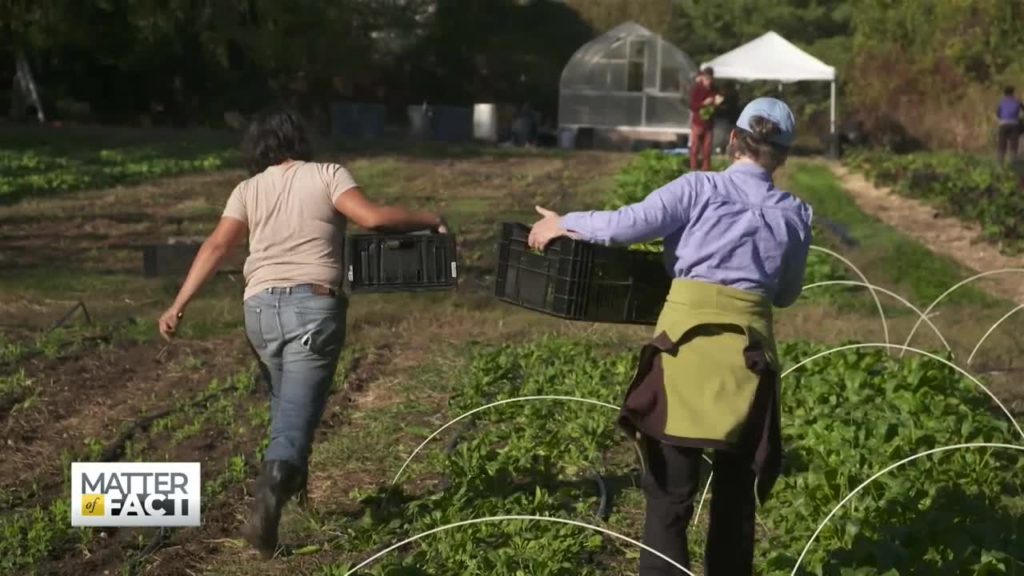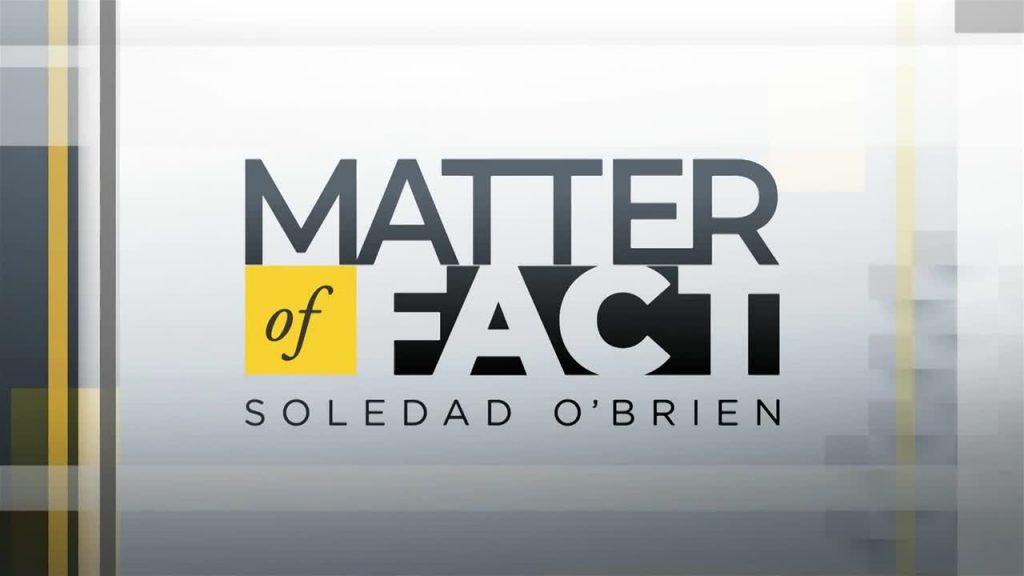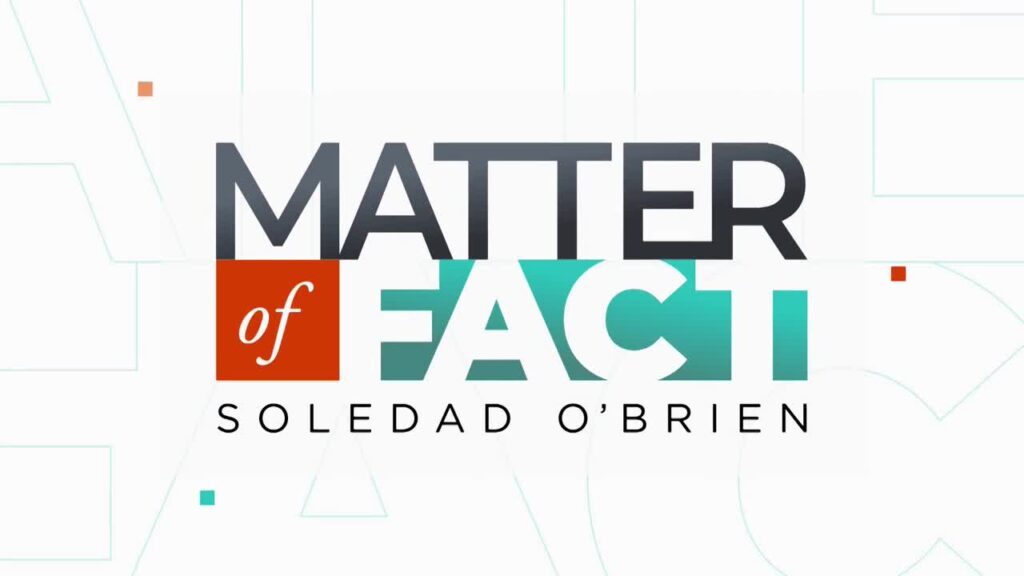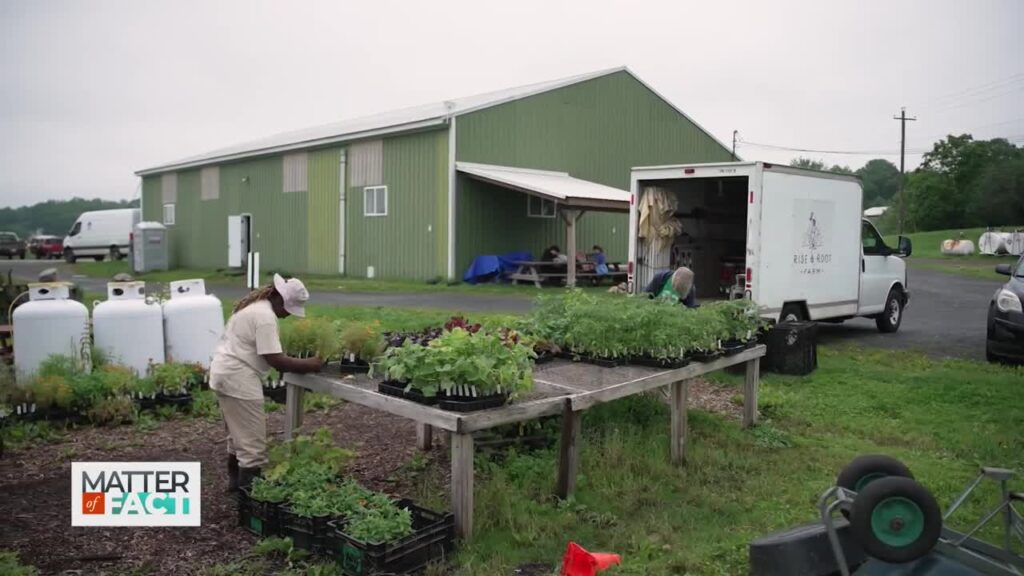Eleven percent of Washington, DC is considered a food desert. Those are neighborhoods without a nearby supermarket. These areas are predominantly low income with mostly minority residents. It makes getting healthy, affordable food difficult. We travel to the Three Part Harmony Farm in one such area, to meet Gail Taylor. She’s working to create community operated, urban farms to improve the health of all residents.

How Urban Farms Are Changing the Landscape of Food Deserts
June 27, 2021How Urban Farms Are Changing the Landscape of Food Deserts
June 27, 2021More than 23 million Americans have to trek more than ten miles to get their nearest super...

December 14, 2019
December 21, 2019December 14, 2019
December 21, 2019

Professor Shares Concerns for Chinese Students in the U.S.
July 13, 2025Professor Shares Concerns for Chinese Students in the U.S.
July 13, 2025Ahead of the fall semester, foreign students from China are facing uncertainty about study...

Examining Medicaid Cuts
July 13, 2025Examining Medicaid Cuts
July 13, 2025Medicaid can be confusing. Benefits vary by state, and plans can go by different names – m...

How Mass Immigration Raids Impact Communities
July 13, 2025How Mass Immigration Raids Impact Communities
July 13, 2025On May 12, 2008, the small town of Postville, Iowa became known as the site of one of the ...

JULY 12, 2025
July 13, 2025JULY 12, 2025
July 13, 2025This week Matter of Fact travels to Postville, Iowa to look at the long-term impacts of a ...

JULY 5, 2025
July 8, 2025JULY 5, 2025
July 8, 2025From Colorado to Maryland, correspondent Jessica Gomez takes Matter of Fact viewers across...

New York Farm Addresses Food Insecurity
June 29, 2025New York Farm Addresses Food Insecurity
June 29, 2025Food insecurity is on the rise across the country. The number of households with insuffici...